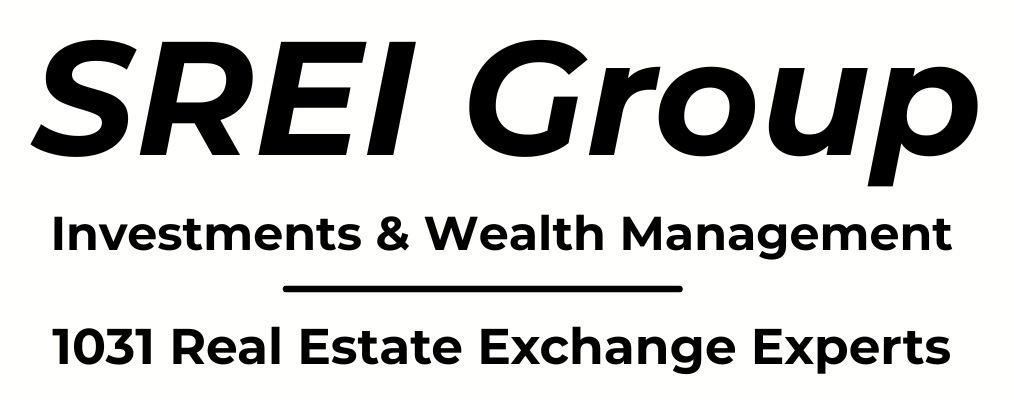An Opportunity Zone is a designated economically distressed area in the United States where investors can receive tax incentives for investing in real estate or businesses. Established under the Tax Cuts and Jobs Act of 2017, these zones aim to stimulate economic development and job creation in low-income communities.
Key Features in Investment Terms:
- Tax Benefits:
- Deferral of Capital Gains Taxes: Investors can defer taxes on capital gains by reinvesting those gains into a Qualified Opportunity Fund (QOF) within 180 days of realizing the gain.
- Reduction of Deferred Taxes: If the investment in the QOF is held for at least 5 years, the taxable amount of the deferred gain is reduced by 10%; if held for 7 years, the reduction is 15%.
- Tax-Free Growth: If the investment in the QOF is held for at least 10 years, any appreciation in the value of the investment is exempt from capital gains taxes upon sale.
- Qualified Opportunity Fund (QOF):
- A QOF is an investment vehicle (typically a partnership or corporation) organized to invest in Opportunity Zone properties or businesses.
- At least 90% of the QOF’s assets must be invested in qualified Opportunity Zone property, which includes real estate, businesses, or business assets located in these zones.
- Eligible Investments:
- Investments can include real estate development (e.g., commercial or residential projects), infrastructure, or operating businesses located within the Opportunity Zone.
- The investment must involve “substantial improvement” of existing properties (doubling the basis of the property within 30 months) or new development.
- Geographic Scope:
- Opportunity Zones are specific census tracts nominated by state governors and certified by the U.S. Treasury Department. As of 2025, over 8,700 zones exist across the U.S., including in all 50 states, Washington, D.C., and U.S. territories like Puerto Rico.
Example:
An investor sells stock for a $500,000 capital gain and reinvests it into a QOF developing a commercial property in an Opportunity Zone. They defer taxes on the $500,000 gain. If they hold the investment for 10 years and the property appreciates to $1 million, they pay no capital gains tax on the $500,000 appreciation when they sell.
Considerations:
- Risks: Opportunity Zones often involve distressed areas, which may carry higher investment risks due to economic challenges or market volatility.
- Complexity: Compliance with IRS regulations (e.g., substantial improvement requirements, timelines) is critical to qualify for tax benefits.
- Impact: Investors can align financial goals with social impact, as these zones aim to revitalize underserved communities.
